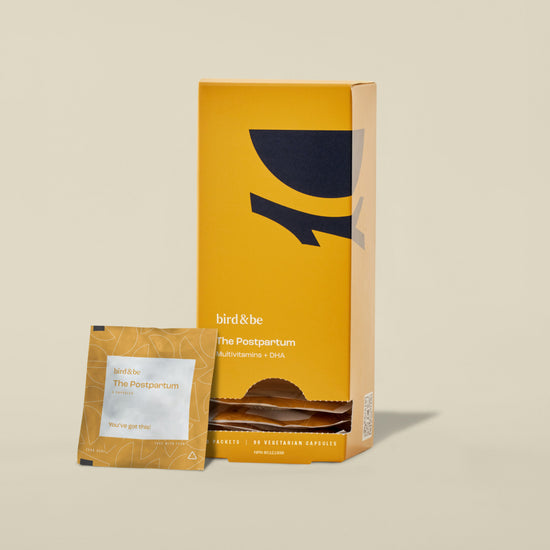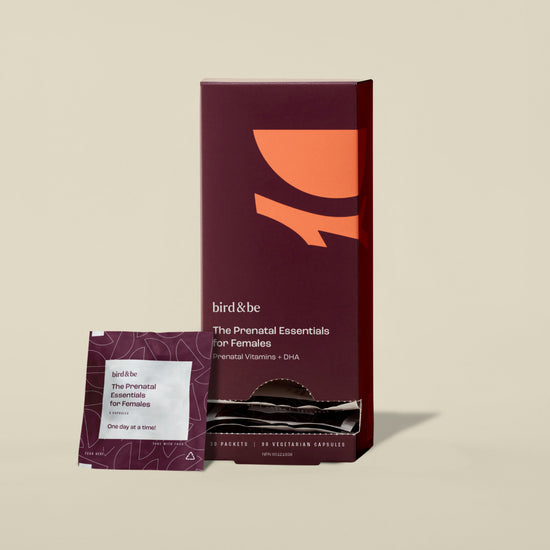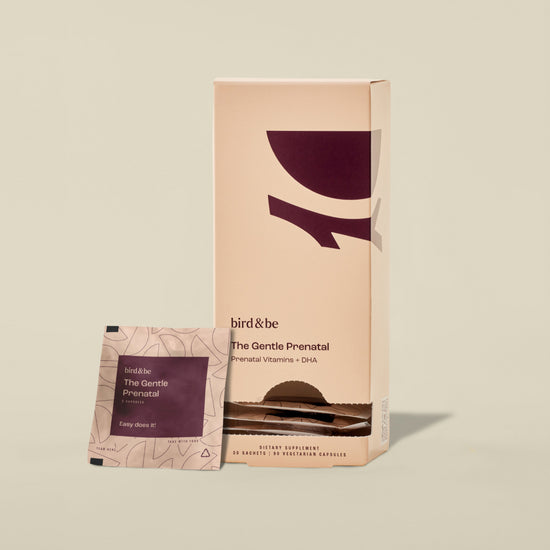Pregnancy can come with a whole host of symptoms you didn’t expect, with a few that just aren’t talked about enough. Including bladder leakage. That’s right, leaking urine during pregnancy is surprisingly common. But, why does it happen, and is it normal? We asked our friends at Saalt—experts when it comes to leakproof underwear—to share the details.
What Is bladder leakage?
Bladder leakage, or leaking urine, occurs when urine escapes from the bladder unintentionally. During pregnancy, your body undergoes significant changes, which can impact your bladder control. Bladder leakage happens because the pressure on your bladder increases as your uterus expands. Additionally, hormonal changes during pregnancy can affect the muscles that control your bladder, weakening your pelvic floor and, making you more prone to leaks. Unfortunately, a combination of increased pressure and weakened muscles can make your bladder less reliable than it used to be.
Is leaking urine during pregnancy normal?
Yes, leaking urine during pregnancy is quite common and generally normal. In one study, approximately 52% of pregnant women reported bladder leaks during pregnancy. Many people experience some degree of leakage, especially in the later stages of pregnancy. It’s part of the process, and while it can be uncomfortable, it’s usually nothing to worry about.
How much (or little) leakage is considered safe or normal?
There’s no universal answer to how much leakage is considered normal as everyone’s experience is different. Some people might only experience a few drops when they sneeze, laugh, or cough, while others might have more significant leaks. If you’re dealing with occasional leaks that don’t disrupt your daily activities too much, it’s generally considered normal.
But, if leakage is frequent, severe, or affecting your quality of life, it’s a good idea to consult your healthcare provider. They can offer personalized advice, assess whether there might be an underlying issue, and provide solutions tailored to your needs.
How can I stop leaking urine during pregnancy?
Here are some lifestyle adjustments and practical tips to manage bladder leakage during pregnancy:
1. Pelvic floor exercises
Pelvic floor exercises, also known as Kegel exercises, are designed to strengthen the muscles that control your bladder. By practicing, you can enhance muscle control and reduce the likelihood of leakage. They’re easy to do and can be incorporated into your daily routine—just squeeze and lift the muscles as if you’re trying to stop the flow of urine, hold for a few seconds, then release. Aim for a few sets throughout the day. Pelvic floor therapists often cater the exercises uniquely to the person needing them, so don’t hesitate to reach out to a pelvic floor specialist (or physical therapist), if needed.
How to Exercise While Pregnant →
2. Stay (strategically) hydrated
Drinking plenty of fluids is essential for overall health, but you might need to adjust how and when you drink. Instead of consuming large amounts of fluids all at once, spread your intake throughout the day. Reducing the consumption of bladder irritants like caffeine and spicy foods can also help manage leakage.
3. Bladder training
Bladder training involves setting a regular schedule for bathroom breaks, even if you don’t feel the urge to go. Gradually extending the time between bathroom visits can help your bladder hold more urine and reduce the frequency of leaks. It’s about retraining your bladder to manage urine more effectively. (Which, can be easier said than done during pregnancy, we know.)
4. Leakproof underwear
Investing in some stylish and practical leakproof underwear can make a big difference. Leakproof panties, period panties, or maternity underwear designed for leakage can keep you feeling dry and confident, even if an accident happens. These products are designed to absorb leaks and prevent them from reaching your clothing, making your day a little smoother. Additionally, vaginal discharge tends to increase due to the fluctuations of hormones during pregnancy, and some leakproof underwear can help you to stay dry and comfortable with any added moisture, no matter the source.
5. Supportive maternity wear
Wearing well-fitting, supportive maternity underwear can help alleviate some of the pressure on your bladder. Choose maternity underwear that offers adequate support and comfort that will stretch and move with your changing body to help manage and reduce leakage.
Is postpartum bladder leakage normal?
After giving birth, your body will adjust again as it transitions to its post-pregnancy state. Bladder leakage might persist for a while after childbirth, but many people find that it improves as their body heals and their pelvic floor muscles regain strength. Using leakproof postpartum underwear can provide support, and a sense of security, as you adjust.
Do I Need a Postpartum Supplement? →
Postpartum leakage is common, but it typically gets better over time. It’s a good idea to continue with pelvic floor exercises and maintain a healthy lifestyle to support your recovery. If you find that leakage continues to be an issue, there are plenty of products, like leakproof underwear, that are designed to handle post-pregnancy leaks. It’s a common belief that bladder leaks just go along with aging or postpartum life and that it’s an unavoidable issue—but this doesn’t have to be the case. Don’t hesitate to reach out to your healthcare provider if your bladder leaks are disturbing your daily activities—they can offer support and solutions tailored to your situation, and in many cases reverse the issue.









